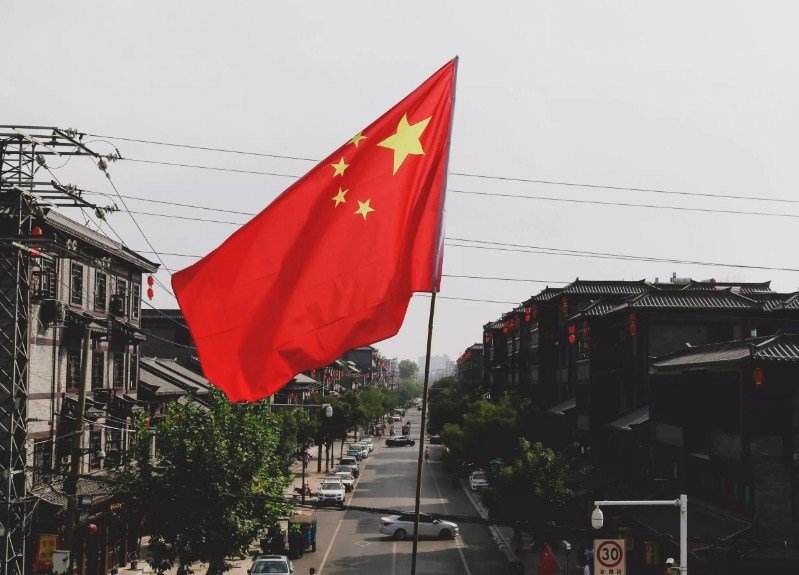Baidu and SenseTime lead the way with AI-powered chatbots
China’s leading technology companies have unveiled their AI-powered chatbots in compliance with the new regulations for the artificial intelligence (AI) industry. Baidu and SenseTime are among the first to receive regulatory approval for their ChatGPT-style chatbots, which can generate natural language responses based on user input. The chatbots can also perform various tasks, such as creating videos, summarizing documents, or providing information.
Baidu’s chatbot, called ERNIE Bot or Wenxin Yiyan in Chinese, quickly became one of the most downloaded free applications on Apple’s App Store after its public launch on Thursday. Baidu’s co-founder and CEO, Robin Li, said that the company plans to launch a suite of AI-native products while gathering valuable user feedback.
SenseTime, an AI startup based in Hong Kong, also announced the public launch of its chatbot platform, SenseChat, on Thursday. The company said that its chatbot can provide personalized and interactive conversations for users across various scenarios, such as entertainment, education, or health.
China’s proactive approach to regulating AI
China is one of the first countries in the world to establish a comprehensive legal framework for the AI industry. The 24-point rulebook, which took effect on August 15, 2023, sets guidelines for AI developers and users, emphasizing the need for regulatory approval before launching AI products and transparent labeling of AI-generated content.
The rules also mandate that AI firms must secure consent from copyright holders when using data for model training while adhering to existing privacy regulations. Furthermore, the rules explicitly prohibit AI-generated content from undermining state power or promoting discrimination based on ethnicity or gender.
China’s proactive approach to regulating AI aims to foster responsible and ethical development and innovation of the technology while preventing potential risks and harms to society.
China’s race to capitalize on generative AI
Generative AI is a type of artificial intelligence that can create new content or data based on existing data or input. It is the technology that underpins systems such as ChatGPT or its successor, GPT-4, which have impressed users with their ability to simplify coding, rapidly create a website from a sketch, or pass exams with high marks.
China has been a frontrunner in the global race to capitalize on the excitement around generative AI. Baidu announced its own iteration of generative AI in February 2023, giving it an early advantage in China. It unveiled ERNIE Bot a month later, showing how it could generate a newsletter, come up with a corporate slogan, or solve a math riddle.
Since then, other tech giants such as Alibaba and Tencent have announced plans to launch their own ChatGPT-style tools, adding to the list of Chinese businesses jumping on the bandwagon. Alibaba told CNN on Thursday that it had filed for regulatory approval for its own chatbot, which was introduced in April 2023. The company is now waiting to officially launch its chatbot and expects to receive approval within one week.
Some critics say that the new offerings from Chinese firms will add fuel to an existing US-China rivalry in emerging technologies. However, Baidu CEO Robin Li has tried to shake off that comparison, saying that the company’s platform “is not a tool for the confrontation between China and the United States.”

